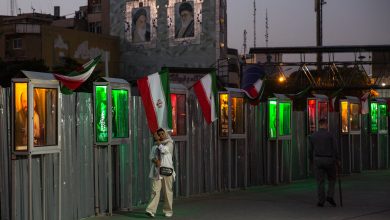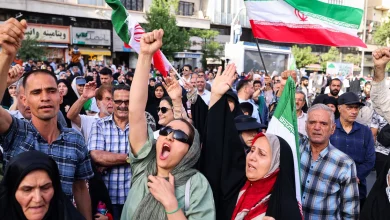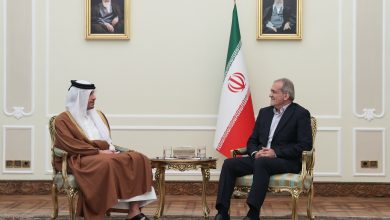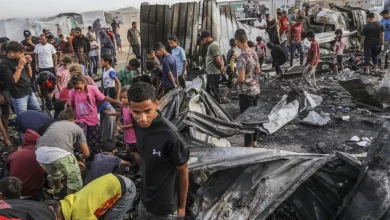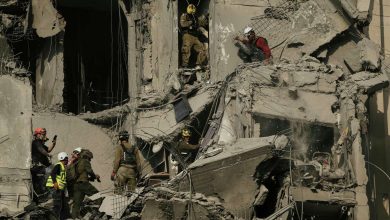UNICEF: Children in Gaza are experiencing a severe health crisis and are in urgent need of essential supplies
According to the regional director for West Asia and North Africa at UNICEF, close to one million children in Gaza are currently in urgent need of essential health services and supplies crucial for their survival.
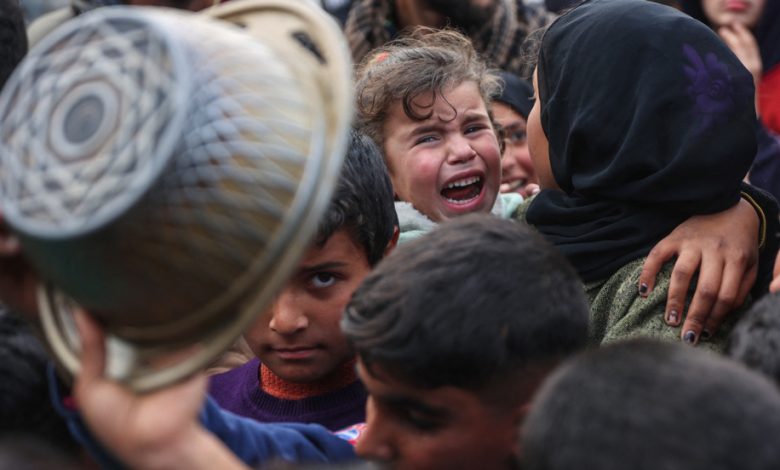
In a statement issued on Sunday following a four-day tour of the Gaza Strip and the occupied West Bank, Edouard Beigbeder characterized the conditions in these areas as “extremely concerning.”
Beigbeder has warned that the continued absence of humanitarian and medical assistance in Gaza could result in approximately one million children being deprived of essential life-sustaining resources.
He cautioned that around 4,000 newborns are unable to receive essential medical care as a result of the significant strain on healthcare facilities in the Gaza Strip.
A significant number of children endure severe fear and anxiety, while others are subjected to the harsh realities of lacking humanitarian aid and protection. They also experience the impacts of displacement, destruction, or even the threat of death.
According to Beigbeder, the Israeli authorities are blocking the delivery of over 180,000 doses of crucial childhood vaccines into Gaza, intended to fully immunize 60,000 children under the age of two.
UNICEF Executive Director Catherine Russell described the situation regarding child malnutrition in Gaza as “shocking” during her address on Saturday.
She stated that her organization is “being impeded by unnecessary restrictions, which are resulting in the loss of children’s lives.”
According to recent statistics released by UNICEF, approximately one-third of children under the age of two in northern Gaza are facing acute malnutrition.
According to the organization, at least 23 children have tragically succumbed to dehydration and malnutrition in Gaza in recent weeks.
On January 15, the Israeli government, unable to fulfill its military objectives such as the eradication of Hamas or securing the release of hostages, was compelled to negotiate a ceasefire agreement with Palestinian resistance groups.
Following over 15 months of siege, the tenuous ceasefire agreement between Israel and Hamas has enabled a significant increase in humanitarian aid flowing into Gaza.
Following the conclusion of the initial phase of the ceasefire agreement on March 1, the regime swiftly reinstated its siege on the enclave, effectively halting the entry of all humanitarian supplies into the area.
Human rights organizations have accused the Israeli government of employing starvation as a means of genocide and altering the demographic landscape of Palestine.

